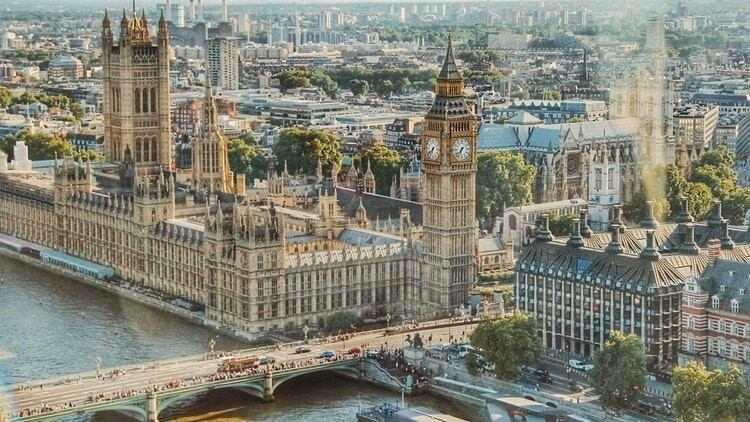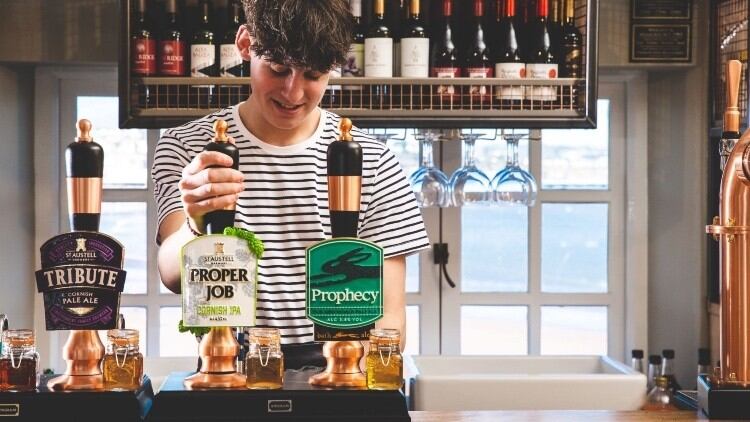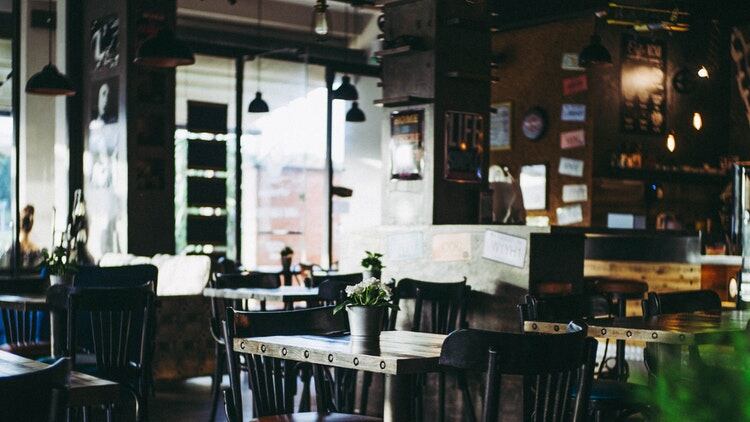The Chancellor delivered his latest statement to the House of Commons on Thursday 24 September, the same day that new measures such as a 10pm curfew for pubs, bars and restaurants came info force.
However unlike his ‘mini-budget’ in July, which received a smattering of warm reviews, the pub sector reaction to Sunak’s “winter economy plan” has been somewhat frosty thus far – with The Morning Advertiser’s (The MA) editor, Ed Bedington, describing it as simply ‘not good enough’.
VAT extension ‘critical’, but a ‘golden opportunity’ missed?
In one of the headlines of his “winter economy plan”, Sunak announced the reduced rate of VAT for hospitality businesses will run for an extra two months.
In July, he outlined a six-month VAT cut on "most tourism and hospitality-related activities" from 20% to 5%, which applied to food and non-alcoholic drinks from restaurants, pubs, bars, cafés and similar premises across the UK.
While the Chancellor had originally planned to increase VAT from 5% to 20% in January, his latest update included a pledge to keep the lower rate for hospitality and leisure firms until 31 March 2021.
According to a Hospitality Leaders poll by Lumina Insight – a division of The MA’s parent company William Reed Business Media – this extended relief topped operators’ wish lists, meaning Sunak’s announcement will have gone down well with hospitality business owners.
The survey found 37% of respondents ranked an extension to the VAT reduction scheme beyond January as their priory for Government support, pipping a further freeze on business rates (34%) with an extension to the job retention scheme (11%) and an extended rent moratorium (10%) also featuring.
What’s more, forecasts from real estate advisor the Altus Group found the initial VAT cut between 15 July 2020 and 12 January 2021 could positively affect 100,000 business across England and Wales including 40,835 pubs.
According to UKHospitality’s chief executive Kate Nicholls, the VAT cut’s continuation is “absolutely critical” for the sector.
“UKHospitality had pushed hard for it, so it is great to see the Government taking note of our major concerns about recovery into 2021, though this must be extended further,” she explained.
However, while welcoming the extended VAT cut, St Austell Brewery’s chief executive Kevin Georgel caveated that if Government restrictions including the 10pm curfew last up to six months, this support would need to be drawn out “much further” into next year to help hospitality businesses recover.
Further more, the British Beer & Pub Association’s (BBPA) chief executive Emma McClarkin added the Chancellor missed a “golden opportunity” to extend the VAT cut to include alcohol.”
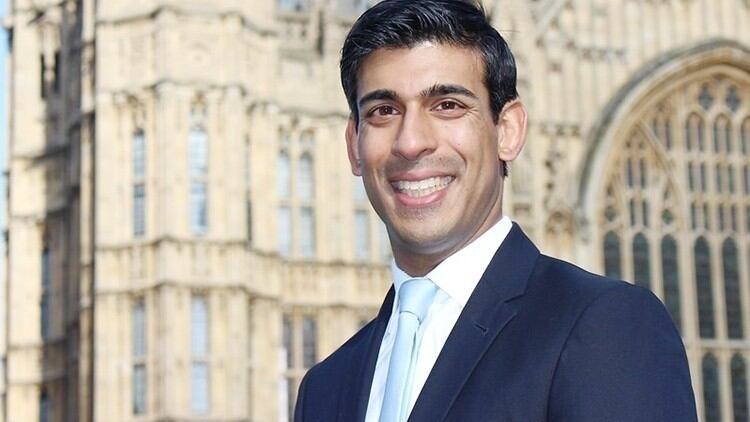
Wet-led pubs out in the cold
In a similar vain to the BBPA chief, a number of sector stakeholders bemoaned the fact that, once again, the Chancellor appeared to leave wet-led businesses high and dry.
“The industry is still dealing with the crippling aftereffects of the nationwide lockdown and the cumulative effect of the new restrictions, combined with the singling out of pubs, mean the measures announced by the Chancellor don’t go far enough, especially for drink-led city centre pubs,” Nick Mackenzie, Greene King chief executive, said.
“More targeted support is needed to help those people whose pubs remain closed, or businesses that were starting to recover which have again become unviable.
“With Public Health England (PHE) figures showing only 5% of all outbreaks are linked to hospitality, it feels like pubs are being unfairly targeted when there is little evidence that they enable the spread of Covid-19.
“Like the rest of the industry, we are doing all we can to help fight the virus and have invested significantly in ensuring that our pubs are safe for customers which is reflected in PHE’s data.”
St Austell’s Georgel added that measures such as cutting beer duty would offer these “much-loved community hubs” the urgent support they need to keep their doors open.
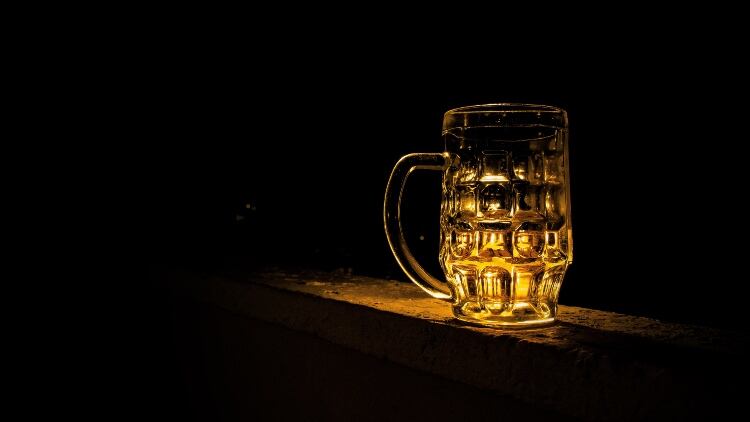
Job plan necessary, but more expensive
As expected, the Chancellor unveiled a German-style Job Support Scheme to replace the Coronavirus Jobs Retention Scheme (CJRS)– or furlough – which wraps at the end of October.
This will inevitably have a huge impact on pubs given how broadly the furlough scheme has been used by operators during the pandemic so far.
According to CGA’s Business Confidence Survey, more than four in every five (83%) hospitality operators furloughed at least 90% of their staff during the novel coronavirus crisis, with 96% of sites putting more than 70% of workers on the CJRS.
Under Sunak’s new plan, which will run for six months from November, small and medium businesses, as well as large firms where turnover has fallen by a third, will have the option of keeping employees in a job on shorter hours, rather than making them redundant.
Workers must work a third of their normal hours, paid by their employer as per usual. However, for the time they are not working the Government will pay a third of their usual pay with their employer also paying a third.
Including the pay for the hours they are working, this means workers will get 77% of their usual pay, according to the Treasury.
While UKHospitality’s Nicholls described the announcement as “a move in the right direction”, she argued that hospitality still needs more targeted efforts to support jobs.
“Almost 1m people in our sector are still on furlough,” she explained. “We need the Government to go further in hospitality, recognising the greater restrictions imposed upon us, and pick up the full cost of unworked hours.
“This would be a relatively low cost for huge reward for our workforce. Full support to sustain people in their jobs during what could be a pretty bleak winter for hospitality would be a great step forward.”
Both the BBPA’s McClarkin and St Austell’s Georgel concurred that that Sunak’s scheme doesn’t go “anywhere near” far enough for hospitality.
“The new flexible Job Support Scheme is needed considering the furlough scheme will end next month, but with a lower level of funding from Government that will cost employers more, we are not confident it is enough to protect jobs in the current trading conditions,” McClarkin explained.
“We will need to closely monitor the effectiveness of this scheme with our members and invite the Government to work with us if changes to the scheme are required.”
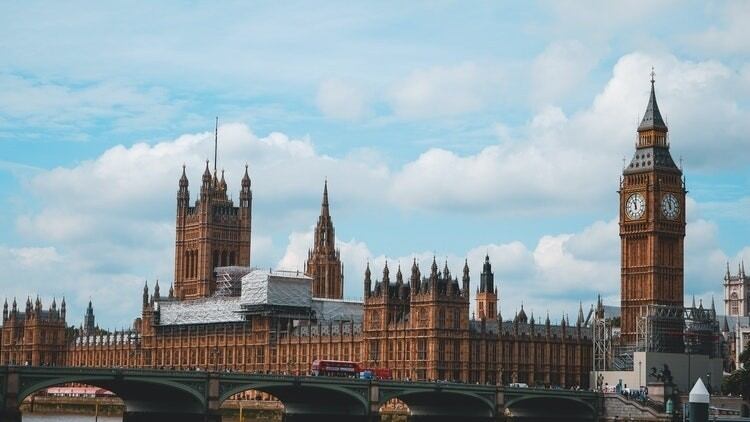
Further debt not ‘viable’ for all
Sunak also unveiled a new “pay as you grow” programme to help business repay Government-backed business loans.
Loans can now be extended from six to 10 years, almost halving repayments, while interest-only payments can be made and firms in “real trouble” can suspend their outgoings.
Additionally, all state-backed loan schemes will be extended until the end of 2020 with the Government working on a new guarantee loan programme to begin in January.
Pub operators of all sizes have benefitted from Government loans during the pandemic thus far with the likes of Mitchells & Butlers, Shepherd Neame and Revolution Bars Group securing respective £100m, £25m and £16.5m boosts as part of the Coronavirus Large Business Interruption Loan Scheme, while operators such as Red Oak Taverns and Coaching Inn Group received smaller pay-outs.
However, Emma McClarkin explained that while access to Government loans and extending repayment periods will help some pubs, for many further debt isn’t even a “viable option”.
“It is very concerning to see the Chancellor not extend the business rates relief for pubs,” she continued. “Pubs now face a cliff edge come March 2021 where they will have to pay on average £25,000 each per rate paying pub. That’s a cost of £800m to the sector which will be the final straw for many pubs. We need the Chancellor to review this and extend the business rates holiday as a matter of urgency.”
Robert Hayton, head of property tax at real estate adviser Altus Group, said Sunak’s statement was a missed opportunity to deliver targeted support to help with business rates bills from next April, adding: “358,264 retail, leisure and hospitality premises will be returned to full business rates during 2021/22 after having had a £10.13bn rates holiday in England this financial year. This could create a cliff edge.”
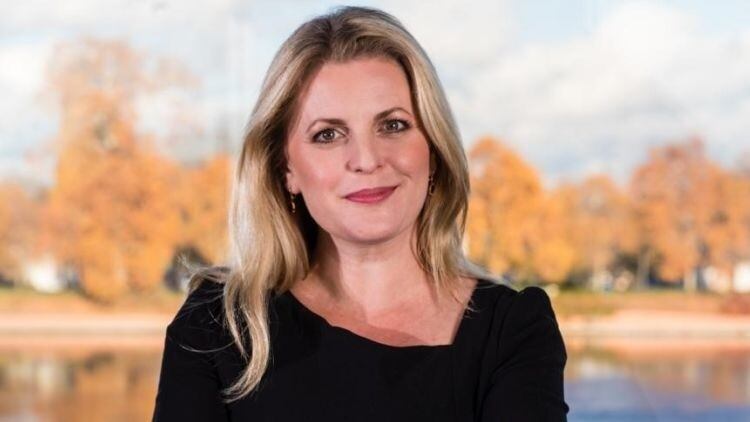
Fat lady singing for late night and music venues?
While Greater Manchester’s night-time economy adviser Sacha Lord described the Chancellor’s winter plan as “helpful”, he believes it has left many businesses on thin ice – especially in the late-night and live music sectors.
“I predict a tidal wave of redundancies across the UK night-time economy as we enter the end of the year,” Lord said. “At the start of the crisis, the Chancellor assured us he would stick by all businesses, but today has turned his back on this commitment.
“There are still no answers for the live music venues and nightclubs who cannot reopen or who are bound by unviable restrictions, or for the musicians, performers and backstage freelancers who work within these sectors.”
In light of the Chancellor’s update, Lord added it is now time to acknowledge that many operators, especially independents who have little or no external backing, will close as a result of pandemic.
“In hospitality alone, there are 900,000 workers still on furlough, and a further 1.3m people across the UK work within the nightclub industry,” he continued. “I can understand that for many operators, it will be easier to remove these individuals from payrolls completely than go under.
“The UK's cultural, live music and night-time scene is widely regarded as one of, if not the best, in the world, yet this pandemic has changed the landscape of the sector indefinitely.
“We now all need to work together to move forward, to adapt and overcome, and at the very least those at the top must now provide a plan to help those losing jobs.
“We need reassurance that the workers who will inevitably be out of work will be able to claim benefits easily and quickly, that they can apply for retraining schemes, grants and initiatives where possible, and that their mental health will be supported throughout this devastating time.”
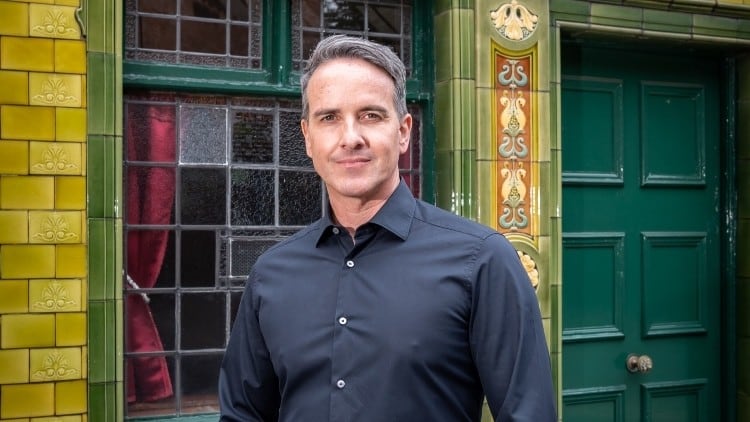
Beer support runs dry
The Society of Independent Brewers chief executive James Calder added that, like wet-led pubs, brewers had “once again” been offered cold comfort by the Chancellor.
"The Chancellor’s announcement that a new Job Support Scheme for people in work will be introduced from November is welcome and will protect jobs, however it does not address the serious issues facing the brewing and hospitality industries which have been among the worst impacted by coronavirus,” he explained.
“Without targeted support for the beer, brewing and broader hospitality industry, which has been specifically targeted by new restrictions, then we will see widespread business closures of breweries and pubs.
“Breweries have not had access to any of the business grants available to other hospitality businesses during coronavirus and to avoid further business closures it essential that a targeted support package is introduced by Government.”
The Campaign for Real Ale’s national chairman Nik Antona added that while the Jobs Support Scheme is a “welcome announcement”, those jobs will not exist if pubs and breweries are not viable businesses.
“While we wait for further details, what we've heard does not go far enough to support pubs, especially wet-led pubs, or breweries and the wider supply chain which – as we've seen from recent industry statistics – is going to be massively impacted by new restrictions, with job losses and potential closures before Christmas,” he commented.
BBPA boss McClarkin added the constraints on pubs and lack of direct support for the beer industry made it “imperative” a beer duty cut tops the Chancellor’s agenda at the next Budget – a move she believes would greatly benefit wet-led pubs too.
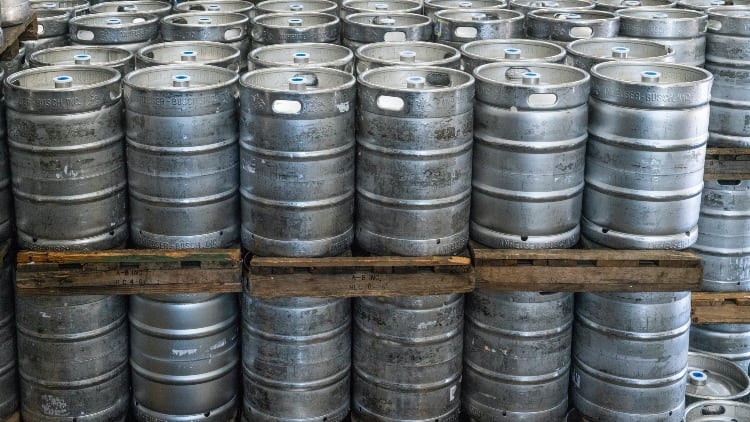
This can’t be it
McClarkin also implored the Government to recognise that consumer confidence remains fragile and that its latest restrictions will only make this worse.
“We are asking them to consider ways they can help boost consumer confidence including running the successful Eat Out To Help Out scheme again and offering sector specific grants for pub businesses,” she explained.
“Following the additional restrictions announced earlier this week and their devastating impact on the already precarious situation our sector is in, we were really hoping for a strong package of support today,” she continued. “Some elements of the Chancellor’s plan are welcome, but do not go nearly far enough to save the thousands of pubs and jobs that we have highlighted are at serious risk.”
Paul Newman, head of leisure and hospitality at audit, tax and consulting service provider RSM, also called on the Government to do more.
“This can’t be it for a sector that employs over 3.2m people in the UK,” he said.
“In an environment where hospitality businesses are being hardest hit, there’s no doubt the sector – and particularly wet-led businesses – will feel left behind by the Chancellor.
“Pubs and bars do no benefit fully from the VAT cut extension, will suffer reduced capacity constraints due to table service requirements and last orders will need to be called one and a half hours earlier creating significant impact on trade.
“The Prime Minister did not rule out other national lockdowns and with rumours rife that a second ‘circuit break’ could come as soon as the October half-term, the sector is bracing itself for another hit in the autumn.”


